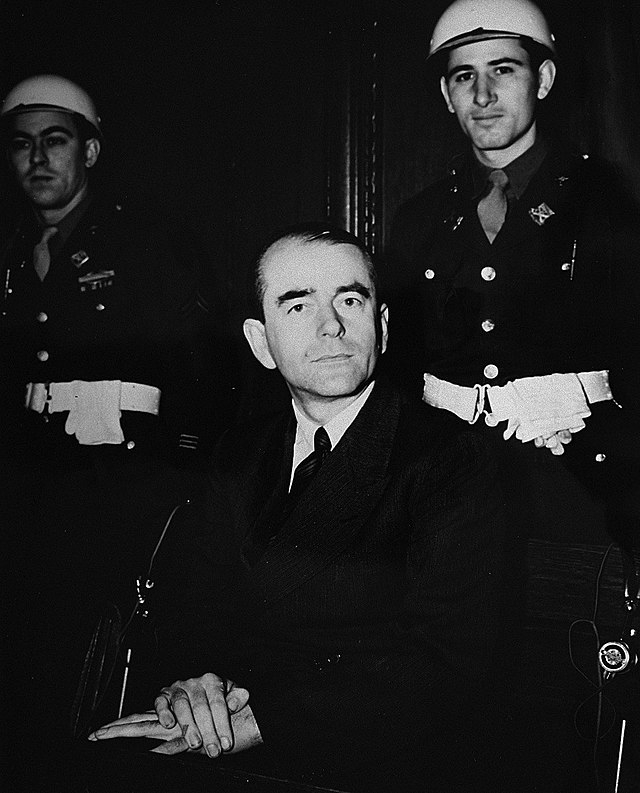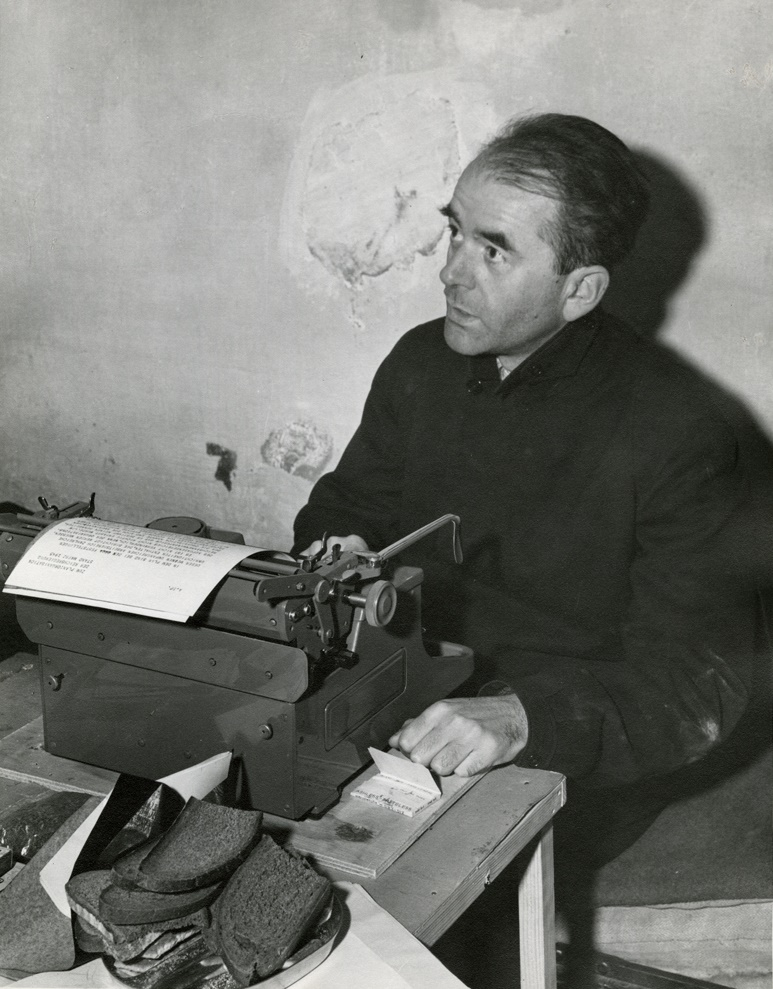Speer was among the 24 "major war criminals" arrested and sentenced to 20 years' imprisonment
It is a fact that Speer was among the 24 "major war criminals" arrested and sentenced to 20 years' imprisonment. Following the war, Speer was one of the 24 "major war criminals" captured and accused of Nazi regime crimes at the Nuremberg tribunals. Speer was interrogated at multiple internment camps for Nazi officers. In September 1945, he was informed that he would be tried for war crimes, and he was transferred to Nuremberg and imprisoned there a few days later. Speer was charged on all four charges, including engaging in a common plan or conspiracy to commit a crime against peace, planning, initiating, and conducting wars of aggression and other crimes against peace, war crimes, and crimes against humanity.
According to the United States Supreme Court's top prosecutor, Robert H. Jackson, "Speer joined in planning and executing the program to dragoon prisoners of war and foreign workers into German war industries, which waxed in output while the workers waned in starvation." Hans Flächsner, Speer's attorney, skillfully contrasted Speer with other defendants, portraying him as an artist thrown into political life who had always maintained his non-ideologue status.
Speer was convicted of war crimes and crimes against humanity, primarily for using slave and forced labor. On the remaining two counts, he was acquitted. He claimed he was oblivious of Nazi extermination intentions, and the Allies had no evidence that he was. His assertion was exposed as incorrect in a private conversation sent in 1971 and made public in 2007. He was sentenced to 20 years in jail on October 1, 1946. While three of the eight judges (two Soviet and one American, Francis Biddle) supported the death penalty for Speer, the other judges did not, and after two days of deliberation, a compromise verdict was agreed.









